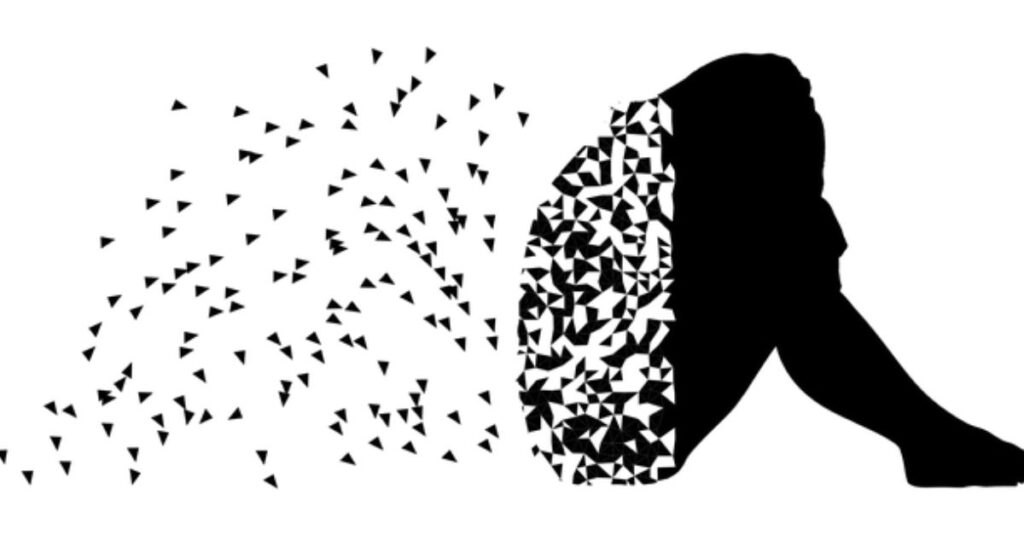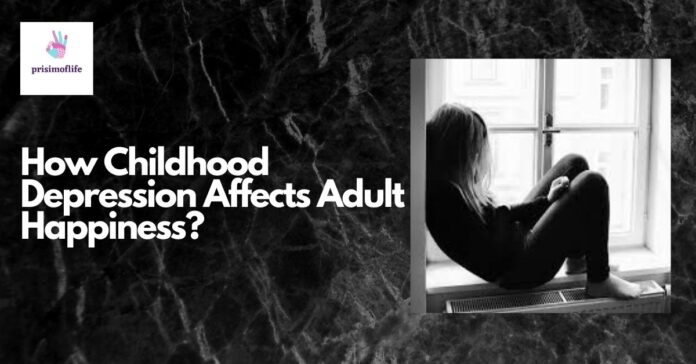
The article, How Childhood Depression Affects Adult Happiness will unveil the significant causes of childhood depression and how it cast a negative shadow on adult happiness. As we know, depression during childhood can profoundly affect enjoyment in adulthood. Children with untreated depression face many problems such as; they have difficulty attending school, making friends, and doing well academically.
Moreover, they tend to have more health problems, such as asthma and trouble sleeping, than their peers who are not depressed. Furthermore, children with depression often have low self-esteem and poor social skills. As a result of these difficulties in childhood, depressed kids tend to be less happy adults, having trouble forming long-lasting relationships or succeeding at work or school in comparison to their non-depressed peers. But this doesn’t need to be the case.
Effects of Depression on Children
Young people are one of our most vulnerable populations, and childhood depression is a particularly devastating mental health issue that can do lasting damage. In fact, there’s strong evidence to suggest that childhood depression can lead to problems later in life, including substance abuse issues and other types of mental illness. As a result, our youth deserve access to effective treatment for their mood disorders—and so do their future selves.
Treating children who struggle with anxiety or other emotional difficulties could help prevent a wide range of health issues down the road by giving them the tools they need early on. But another reason why it’s essential to address childhood depression is that it helps parents. When children receive adequate treatment for their emotional issues, it offers relief for them and their family members—parents especially.
Parents’ Role
If you suspect your child is suffering from depression, it’s essential to understand that he or she isn’t doing it on purpose. In fact, children and teens who struggle with depression can’t just snap out of it and stop feeling sad or lethargic—they often don’t even know they’re depressed.
Instead, keep an eye out for symptoms like those above and talk to your pediatrician or another professional if you believe your child may be suffering from depression. Without treatment, childhood depression can have a lasting impact on adult happiness, but with the help of doctors and parents can live successful lives and achieve their goals.
Knowing the Actual Cause of Depression
Children and depression have a very strong correlation. It can happen to anyone; however, it is typically more common in children who have parents that are depressed. Although, many other things affect how often a child becomes depressed.
Having an unstable family, for example, or not having enough friends at school could cause your child to be sad regularly. When people think of childhood depression, they may believe it’s just something all kids go through as they grow up. However, there is much more to it than that.
Statistical View
An estimated 15.9 million American children and adolescents suffer from depression, according to National Institute of Mental Health (NIMH). The teenage years are a transitional period that requires a lot of change for children; not only do they have to deal with puberty, but they are also starting high school and worrying about college applications. For many kids suffering from depression, these changes can be too much. Therefore, to make your child live a depression free life, it is very important to keep an eye on their mood shifts. At times, even a slightest change in their behavior, which may seem normal to adults is not always normal.
Suggested Article: https://prisimoflife.com/how-to-wear-yoga-pants-without-showing-lines-from-underwear/










